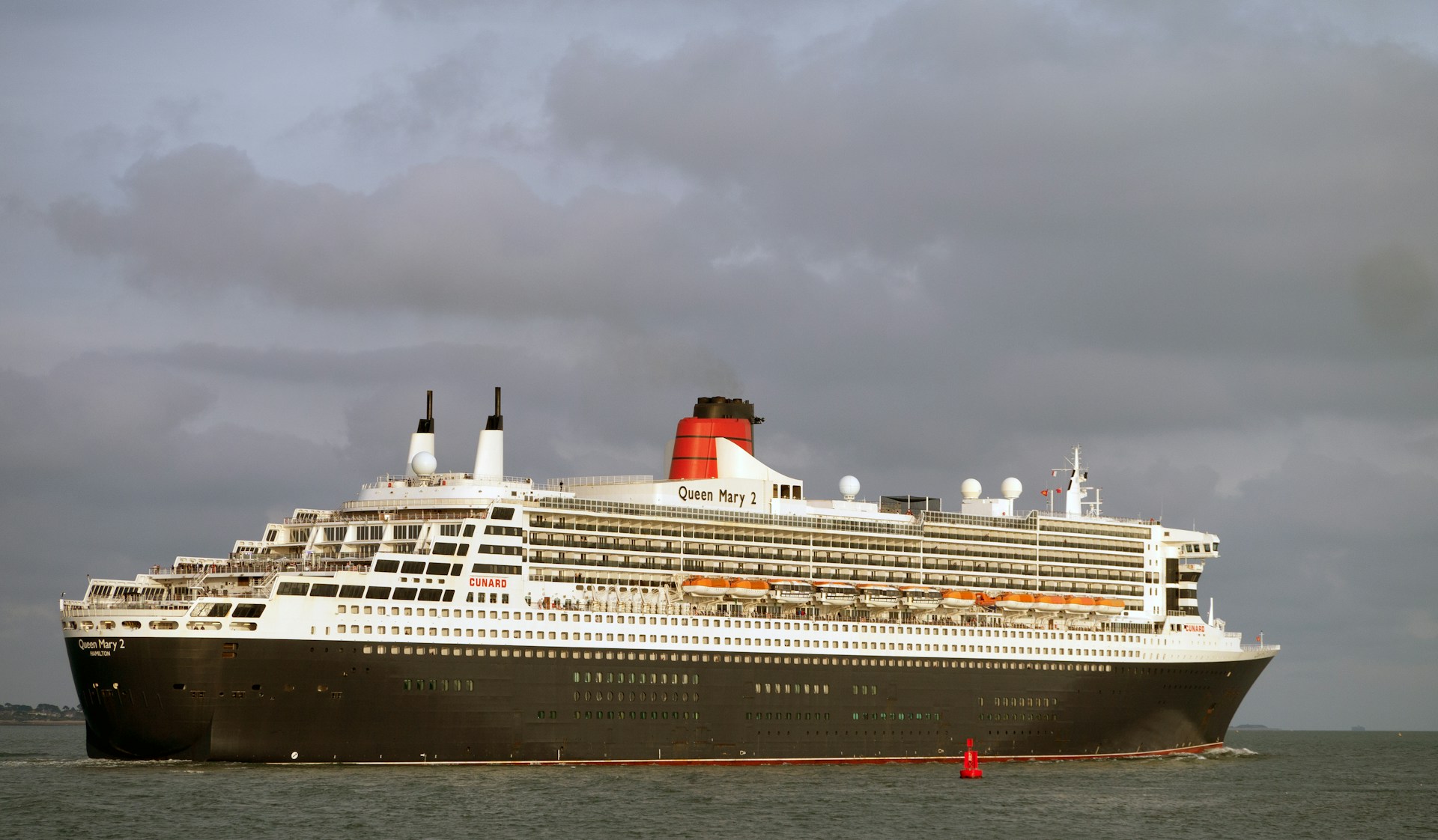Cunard Study Reveals Cognitive Benefits of Ocean Travel

Cunard has shared findings from a groundbreaking neuroscience study conducted aboard the Queen Mary 2, exploring how slow-paced ocean travel impacts cognitive function and well-being.
The international study, involving 40 guests during a Transatlantic Crossing, found that five days at sea can significantly enhance mental performance.
According to Cunard, participants demonstrated a 29% improvement in short-term memory recall, a 125% boost in complex problem-solving skills, and a 14% increase in attention. Relaxation levels also soared, with a 158% rise in the number of guests describing themselves as "relaxed."
The research, led by the Human Understanding Agency and Walnut, used biometric tools to measure cognitive and physiological changes before and after the journey from Southampton to New York.
Neuroscientist Dr. Jack Lewis noted: “What stands out in this study is how neatly all the pieces fit together. The passengers’ time on the ship reduced their stress levels, based on subjective and objective measures. The main stress hormone, cortisol, is well-known in the science research literature to interfere with various cognitive processes. So, the boost in memory and logical reasoning capacity identified in this study is likely attributed to the stress-relieving impact of ocean travel.”
Dr. Lewis also emphasized that the combination of reduced stress and the stimulating activities offered onboard the Queen Mary 2 helped participants reach their cognitive potential.
Cunard’s voyages are designed to enhance well-being beyond cognitive benefits, offering enriching lectures through the Cunard Insights program, personalized wellness treatments, and the brand’s renowned White Star Service.
Katie McAlister, Cunard's President, commented: “This study reinforces what we have always known: A Cunard voyage is much more than just a holiday.”